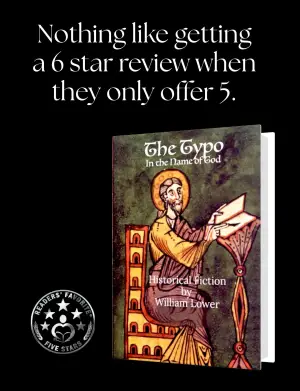Navigating the Crossroads of Life: A Review of Crossroads: A Novel by Jonathan Franzen
When I first picked up Crossroads by Jonathan Franzen, I was drawn not only by his reputation for crafting rich, multi-dimensional characters but also by the intriguing notion of a family at a crossroads—quite literally, as they grapple with personal desires, moral dilemmas, and interwoven secrets. Having enjoyed Franzen’s previous works, I was excited to journey with the Hildebrandts through the snowy streets of 1971 Chicago, a time and place brimming with its own societal complexities.
At the heart of Crossroads is the Hildebrandt family—a seemingly ordinary Midwestern clan grappling with anything but ordinary troubles. Russ, the associate pastor, faces an existential crisis within a joyless marriage to Marion, whose own past is awash with the shadows of unspoken traumas. Their children—Clem, Becky, and Perry—each navigate their own tumultuous paths toward self-discovery, with Clem’s moral absolutism and Becky’s countercultural rebellion adding layers to an already intricate web of familial struggle. It’s a testament to Franzen’s skill that even the youngest, Judson, who is somewhat underdeveloped, manages to cast a poignant shadow over the family’s dynamics.
Franzen masterfully crafts a narrative that is much like a snowstorm—layered, dense, and occasionally blinding. As the family navigates their emotional landscapes, the novel unfolds largely over a single winter day, delivering a sense of urgency that echoes the tumultuous nature of their lives. The key themes of faith, morality, and the search for identity resonate deeply, peeling back the layers to reveal the raw and often messy nature of human relationships.
One of the standout features of Crossroads is Franzen’s unparalleled ability to portray the intricacies of communication—or lack thereof—within the family. The misunderstandings and misinterpretations of motives create a sense of tension that kept me on edge throughout the book. For example, the quote, “self-pity wasn’t on the list of deadly sins… none was deadlier,” struck me far more than I expected, encapsulating the paradox of human nature that Franzen explores with finesse.
However, I must admit that the pacing fluctuated at times. Just around the 400-page mark, I found some sections—particularly those detailing Russ’s history with the Navajo nation—less engaging, almost feeling journalistic. Yet, this slight dip in momentum did little to diminish the triumph that is Franzen’s ability to highlight the universal struggles within individual characters.
For those who revel in complex family dramas, Crossroads serves as an exceptional entry point into Franzen’s oeuvre. Despite mixed reactions from readers regarding the characters’ likability and the length of the novel, I found every page a rewarding experience. It prompts deep reflection on weighty concepts such as guilt, addiction, and the human capacity for growth—or self-destruction.
In a world that often feels fragmented, Crossroads provides a mirror to our own lives, illustrating that every decision is a crossroads laden with implications. I left this book feeling enriched, contemplating not just the characters’ paths but also my own, eagerly awaiting what Franzen has in store for us in the sequel. Highly recommend this read for anyone ready to dive into a profound exploration of family dynamics, morality, and the essence of being human.
[ad_2]
You can find Crossroads: A Novel here >>






